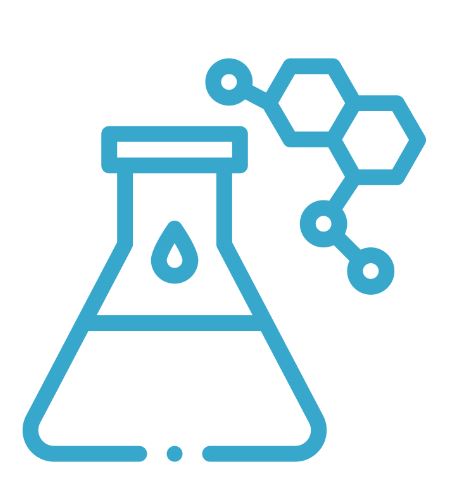Peptides, short strings of amino acids linked by peptide bonds, are becoming increasingly significant in therapeutic applications. They hold the potential to combat a range of diseases, from metabolic disorders to cancers. However, the production of peptides for pharmaceutical use is subject to stringent quality requirements. Good Manufacturing Practice (GMP) peptide synthesis is the gold standard in the industry, ensuring that peptides are consistently produced and controlled according to quality standards. This article explores GMP peptide synthesis, its importance in drug development, and the impact it has on the pharmaceutical industry.

Understanding GMP Peptide Synthesis
GMP stands for Good Manufacturing Practice, a system for ensuring that products are consistently produced and controlled according to quality standards. It is designed to minimize the risks involved in pharmaceutical production that cannot be eliminated through testing the final product. GMP covers all aspects of production; from the starting materials, premises, and equipment to the training and personal hygiene of staff. Properly following GMP is essential for all pharmaceutical production, and peptide synthesis is no exception.
Peptide synthesis under GMP conditions involves several critical steps, including the design of the peptide, the synthesis method (usually solid-phase synthesis), purification, and stringent quality control processes. Each step is meticulously planned, validated, and monitored to ensure the final product's quality and purity.
Importance of GMP in Peptide Synthesis
The importance of GMP in peptide synthesis can be understood in several key aspects:
Quality Assurance: GMP ensures that peptides are produced with a consistent quality necessary for therapeutic use. The practices help to prevent contamination, mix-ups, and errors that could affect the safety and efficacy of the peptide.
Safety: Peptides used in pharmaceuticals must be safe for human use. GMP guidelines ensure that the synthetic process eliminates or reduces potential impurities, which could otherwise lead to adverse health effects.
Efficacy: GMP practices help ensure that the synthesized peptides maintain the desired activity and do not degrade or deviate from the expected profile that makes them effective in therapeutic use.
Regulatory Compliance: Regulatory agencies worldwide require that peptides and other pharmaceuticals are manufactured according to GMP guidelines. Failure to comply with these regulations can result in serious consequences, including product recalls, legal action, and loss of reputation.
The GMP Peptide Synthesis Process
The process of GMP peptide synthesis is exhaustive and rigorous, involving several vital stages:
Design and Development: This initial stage involves thorough research and design to ensure the peptide sequence is optimal for its intended use.
Synthesis: GMP peptides are most commonly synthesized using solid-phase techniques, which allow for high levels of automation and control. This phase must be carefully monitored to ensure that the correct amino acid sequence is achieved and that the reaction conditions are optimal.
Purification: Following synthesis, the peptides are purified to remove any impurities. This step often involves chromatographic techniques such as High-Performance Liquid Chromatography (HPLC).
Quality Control Testing: Extensive quality control testing is then carried out to ensure the purity, identity, and potency of the peptides. This can include a range of analytical methods, including mass spectrometry and sequence analysis.
Documentation and Validation: Detailed records are kept at every stage of the process. Procedures are validated to prove that they consistently produce the expected results.
Packaging and Labeling: The final product is packaged and labeled in a way that prevents contamination and provides all necessary information for end-users.
Challenges and Advancements in GMP Peptide Synthesis
GMP peptide synthesis is not without its challenges. The complexity of peptides, the need for high purity levels, and the difficulties in scaling up production processes all present significant hurdles. However, advancements in automation, purification techniques, and analytical methods continue to improve the efficiency and reliability of GMP peptide synthesis.
The Future of GMP Peptide Synthesis
The demand for peptides in the pharmaceutical industry is growing, driven by their potential in precision medicine and the treatment of complex diseases. As this demand grows, so does the importance of GMP in peptide synthesis. The future of GMP peptide synthesis lies in continuous improvement, innovation, and strict adherence to quality standards. As research advances and new technologies emerge, the process of peptide synthesis under GMP conditions will evolve, ensuring that patients receive safe, effective, and high-quality peptide-based therapies.
Conclusion
GMP peptide synthesis is a critical element of modern pharmaceutical manufacturing, providing a framework for producing safe and effective peptide therapies. It represents the intersection of science, technology, and stringent regulatory standards, ensuring that every peptide synthesized for therapeutic use meets the highest quality benchmarks. As the industry grows and evolves, the principles of GMP stand as the unwavering pillars supporting the development of groundbreaking peptide-based drugs.

No comments yet